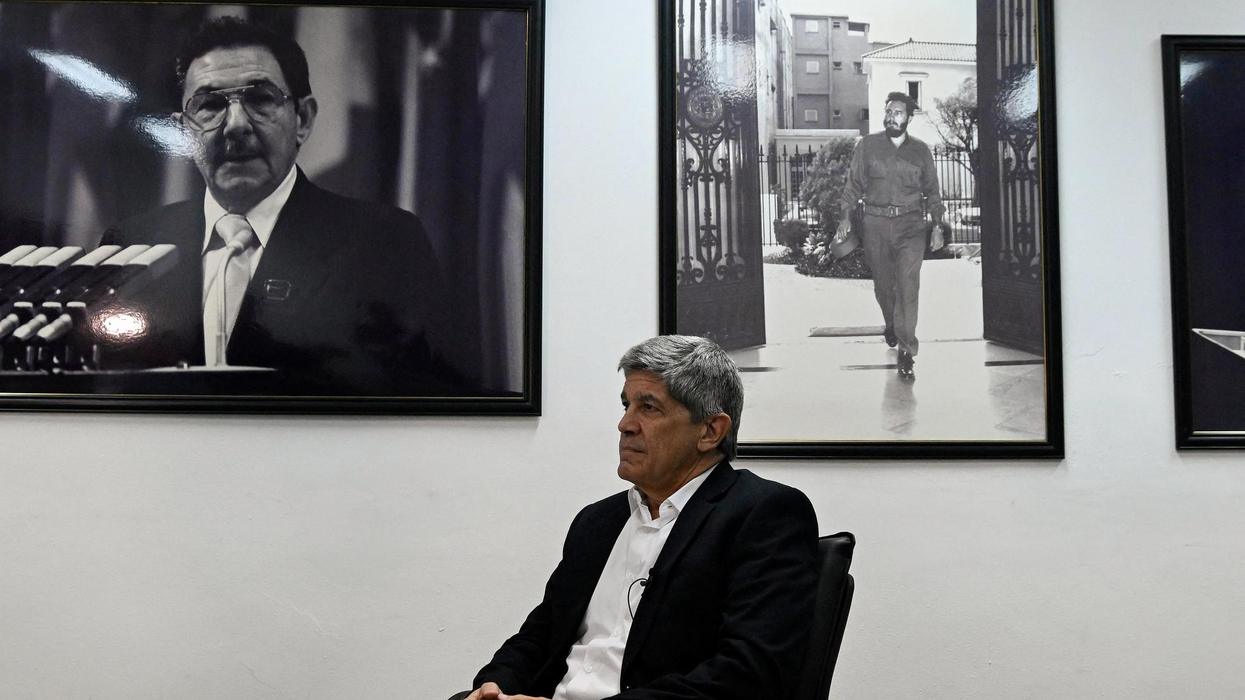It’s not news to any budget watchers that the Pentagon’s massive topline can camouflage a ton of mischief and deal-making during the annual congressional budget process.
Lawmakers get at least four bites of the apple to work their will on how the Fiscal Year 2023 topline of roughly $773 billion is allocated. That’s the job of Congress, no dispute. But a key area to watch for budget shenanigans is in Research, Development, Test & Evaluation (RDT&E) and the myriad requests coming in from each of the military services and Special Forces Command.
RDT&E is a target-rich environment for contractors looking to find a member of Congress willing to insert a few million (or more) dollars for a relatively small research program in their district. But once a program has some RDT&E money, it’s easy to keep the money ball rolling. And, eventually, that contractor will be back to the lawmaker, looking for the program to transition from research into procurement, where the really big money lies.
And that’s one way the Pentagon ends up buying something it never asked for in the first place. We call it backdoor earmarking.
RDT&E budgets aren’t huge in comparison to procurement, operations, and maintenance. But this is the Pentagon, so we’re still talking billions of dollars. The request for the Army in Fiscal Year 2023 was $13.7 billion. The Navy and Marine Corps' combined request was $24 billion in R&D. The Air Force was $33.4 billion. And the Space Force was $15.8 billion— a big percentage of its overall budget of $24.5 billion.
Of course, lawmaker changes to RDT&E programs are both “give” and “take.” There is a fair amount of “not this, but that” horse trading as the budget moves through the wickets on Capitol Hill.
My organization, Taxpayers for Common Sense, has done the spade work and can now lay out the “program increases” made by the House Armed Services Committee (HASC) to the research and development portion of the FY23 Pentagon budget request.
The HASC was particularly aggressive in changes to the Army RDT&E request. There were 125 individual “program increases” directed to Army budget lines. Several lines received six different program increases. For instance: “Lethality Technology” received six increases worth a combined $95 million. The HASC concentrated its overall value of increases for the Army in two particular lines: “Biotechnology for Materials — Applied Research” and “Night Vision Systems Advance Development.” In both cases, the entire $150 million bump is for a single program.
The Navy and Marine Corps combined received a little more than half the Army’s number of individual program increases — 79 of them — in the HASC bill. “Force Protection Applied Research” (a line that also received the greatest number of increases in last year’s Omnibus Appropriations bill, detailed here) had eight separate program increases with a total value of $61.5 million. Most of the attention went to the next generation ballistic missile submarine, with the program receiving an additional $197.4 million, the vast majority of which went to “Accelerated Design.”
The HASC directed 69 program increases in Air Force RDT&E. The greatest number of increases to a single line was eight separate programs added to “Dominant Information Sciences and Methods,” with a total value of $94 million. For the second year in row, the “Advanced Engine Development” line received the greatest meddling with $150 million for “AETP” (an alternate engine program). Look for that to rise because, when all was said and done in last year’s Omnibus appropriation for the Pentagon, AETP ended up with a whopping $460 million.
The new Space Force is still being carved out of the Air Force, and line items are transferring to Space Force over time. The HASC directs 17 Space Force program increases — four in “Space Technology” — with a total value of $35.1 million. “Tactically Responsive Launch” ends up with the greatest net increase for a single line of $100 million. And “Classified Programs” gets the largest single program increase of $308 million for “INDOPACOM (Indo-Pacific Command) Space Control.”
The dryly named “Defense-wide” accounts, which includes entities ranging from Special Forces to the Commissary system, got a lot of tinkering from the HASC with 146 program increases. “Defense-wide Manufacturing Science and Technology Program” alone was given 14 programs it didn’t ask for. It also had the largest single program increase —$500 million for “Biotechnology Manufacturing Institutes.” Altogether, this catch-all research line received a net increase of slightly more than $1 BILLION! (Overall, R&D for the Defense-wide accounts was increased $4.4 billion above the $32 billion budget request.)
As we said, this is just the first bite of the apple. We’ve been reading the details of each major committee action and will be detailing similar increases by the House and Senate Appropriations Committees and the Senate Armed Services Committee.
“Negotiations” between the two chambers, as they hammer out the differences between two versions of the same bill, rarely lead to any kind of meeting in the middle these days. Instead, they tend to be more: “We’ll agree to your increases if you’ll agree to ours.”
Most of the math is addition; subtraction never seems to be on the agenda.
















